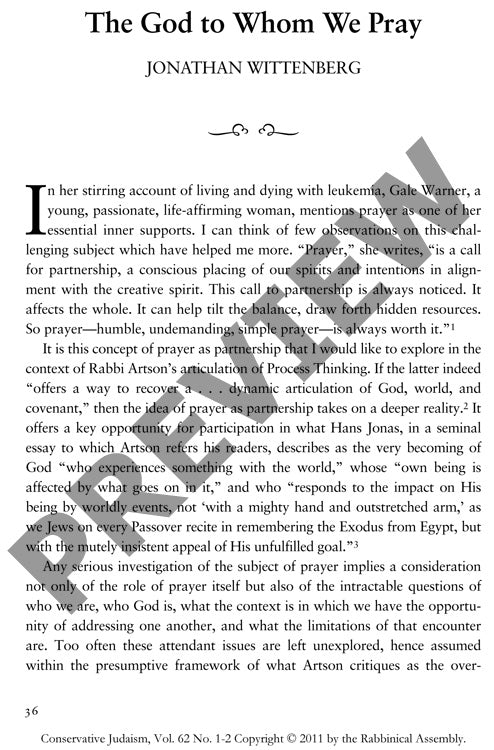The God to Whom We Pray
Couldn't load pickup availability
Prayer functions not as supplication to a sovereign deity, but as a transformative partnership in divine becoming - a radical reframing supported by both Process Theology and traditional Jewish wisdom. Through analysis of Talmudic sources, Hasidic teachings, and kabbalistic concepts, particularly the principles of *d'veikut* (spiritual connection) and *kavvanah* (intentionality), a new understanding of prayer emerges that challenges conventional subject-sovereign models. Building upon Rabbi Artson's Process Thinking and Hans Jonas's theological framework, this investigation integrates classical Jewish textual analysis with contemporary theological perspectives to explore how prayer functions primarily as consciousness transformation and relationship-building rather than a mechanism for obtaining specific outcomes. The analysis demonstrates that both human consciousness and divine presence are mutually affected through prayer, suggesting that its true efficacy lies in consciously aligning human spirit with divine creativity. This understanding positions prayer as a means of integrating individuals into the evolutionary continuum of creation, thereby contributing to the ongoing process of divine becoming and cosmic unfolding.

More Information
-
Physical Description
-
Publication Information
Published 2010-2011
ISBN
-
Publication Credits
Jonathan Wittenberg

